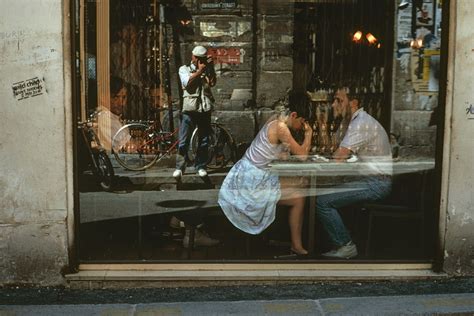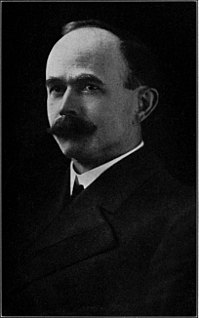A Quote by Susan Sontag
Photographs shock insofar as they show something novel.
Quote Topics
Related Quotes
Something happens between a novel and its reader which is similar to the process of developing photographs, the way they did it before the digital age. The photograph, as it was printed in the darkroom, became visible bit by bit. As you read your way through a novel, the same chemical process takes place.
If you purposefully look to shock people, it isn't funny. That's what 50 million dollar Hollywood comedies do; try to be shocking and dirty. They aren't really. It isn't enough to shock. It's easy to shock. Real surprise is what I'm after. Those early movies, we had drugs, which you weren't supposed to show. You weren't supposed to shoot up. We would make fun of hippies. I think that we were punk before there was punk.
There is, in fact, not much point in writing a novel unless you can show the possibility of moral transformation, or an increase in wisdom, operating in your chief character or characters. Even trashy bestsellers show people changing. When a fictional work fails to show change, when it merely indicates that human character is set, stony, unregenerable, then you are out of field of the novel and into that of the fable or the allegory. - from the introduction of the 1986 Norton edition

































